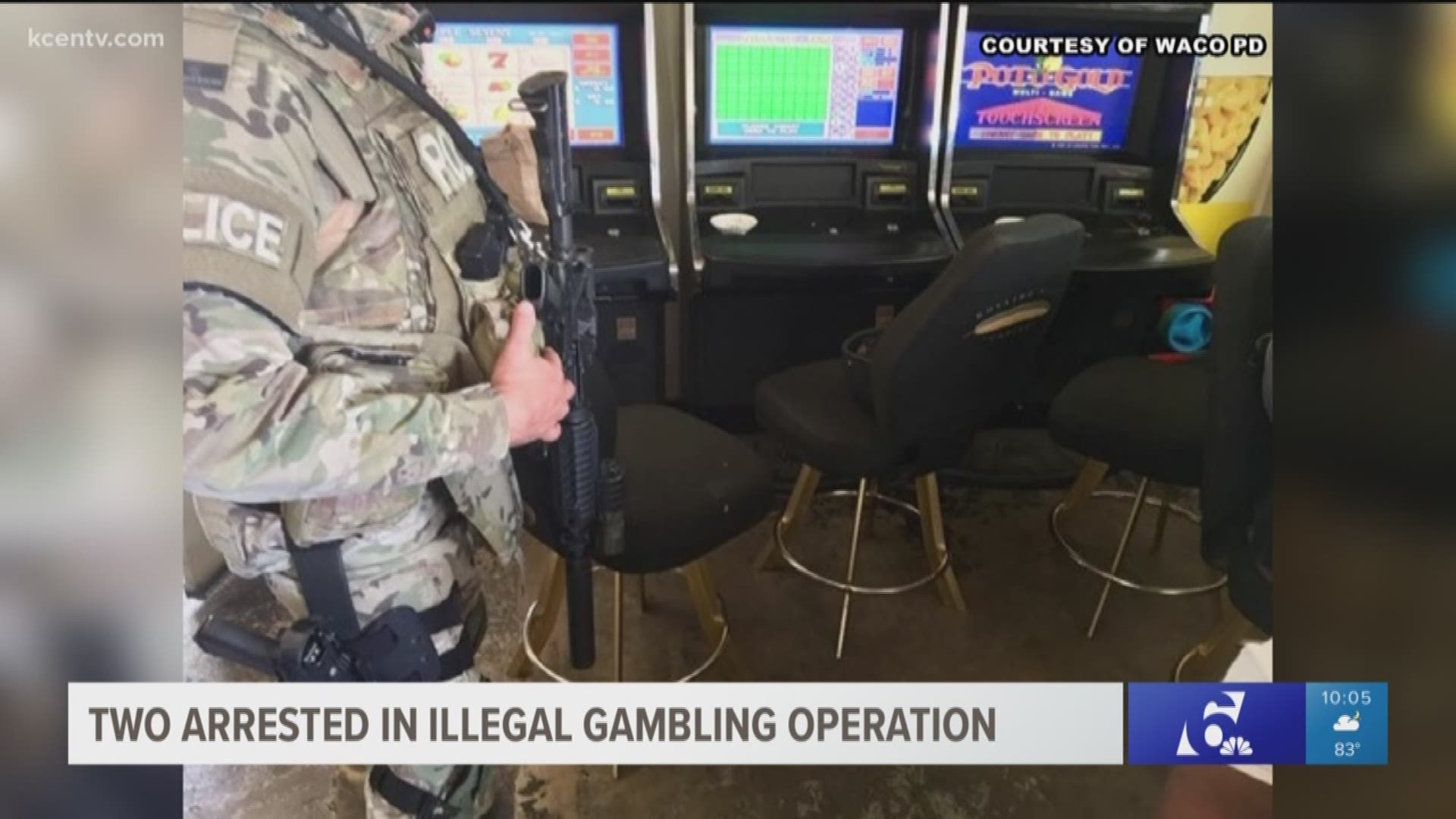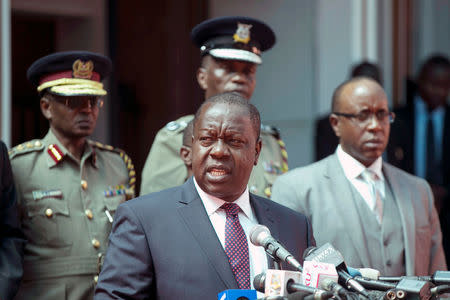Gambling In Uniform Army
Army policy prohibits gambling between officer and enlisted. In addition, state laws may prohibit gambling in general or certain types of gambling, regardless of who participates. Further, the Joint Ethics Regulation prohibits certain gambling by DoD employees while on duty or on federally owned or leased property.

KAISERSLAUTERN, Germany — A proposed policy change would prevent U.S. soldiers in the Kaiserslautern garrison from gambling in uniform, even on American bases.

Lt. Col. Lars Zetterstrom, commander of the garrison, “has asked his Army Community Service staff to begin drafting” such a policy “to be staffed for approval,” garrison spokesman Mark Heeter said in an email.
Denise Fesel, manager of the Kaiserslautern ACS financial readiness program, said the policy her office is drafting is partly about maintaining “the integrity of the uniform,” but also aims to address problem gambling in the Kaiserslautern community, where there are numerous off-base casinos and on-base slot machines at military clubs.
- MIDWEST CONFERENCE ON PROBLEM GAMBLING AND SUBSTANCE ABUSE. Wears military uniform today 14% WWII. 1948 Racial Integration. Army 465,056 Navy 322,368.
- Army's 'Wolfhound' uniforms for 2020's Army-Navy Game got the real Wolfhounds pumped for their 71-year cause. How Gary Steele Changed West Point Football Forever.
- President Franklin D. Roosevelt signed the legislation on July 1, 1943, which changed the name of the Corps to the Women's Army Corps (WAC) and made it part of the Army of the United States.
- Gambling In Army Uniform 1st Dep offer is 100% up to £250 + 100 Bonus Gambling In Army Uniform spins on Aloha Cluster Pays. Spins expire after 10 days, funds after 30 days. Bonus funds separate to Cash. Wager Req of 35x Deposit + Bonus apply.
While working with soldiers who need help straightening out their finances, Fesel said she identifies about four a year whose fiscal woes resulted from a gambling problem.

Gambling In Uniform Army Colonel
“Most people, when they’re gambling, what they’re going to do is they gamble at lunch, they gamble before they go home, they gamble on their way to an appointment — all of this in uniform,” Fesel said. “So if we can change a habit, we might be able to help them identify themselves” as problem gamblers.
The issue of gambling in uniform came up at an Army Family Advocacy Program conference last year, according to Heeter, and Zetterstrom asked for the policy in response.
Fesel said she is working with the legal office to determine the policy’s scope. Her office advocates a wholesale ban on gambling in uniform, but the new policy may result in a lesser restriction, such as restricting gambling during duty hours.
“You know, we’re not allowed to go out and drink in uniform,” Fesel said. “So why should you be allowed to gamble?”
millham.matthew@stripes.com
Twitter: @mattmillham
A group of some 60 staff members from Macao's casino industry recently visited red site Jinggangshan for a one-week patriotic course, sparking discussions from mainland netizens over its significance.
Staff members of Macao casino companies pay tribute to revolutionary martyrs in Jinggangshan, East China's Jiangxi Province. Photo: Courtesy of Sociedade de Jogos de Macau Holdings
Every year, millions of visitors flock to China's red sites to pay tribute to deceased communist leaders and learn about the Communist Party of China's (CPC) revolutionary past.
But when over 60 employees from six casinos in Macao - the only place in China where casino gambling is legal - visited Jinggangshan in East China's Jiangxi Province, dubbed the 'cradle of the Chinese revolution,' to receive a week of patriotic eduction courses earlier this month, it received more ridicule than respect in China's blogosphere.
While organizers say they went to learn China's revolutionary history and the spirit of sacrifice, netizens are split. Some support them while others were amused or angered by the idea of casino operators paying tribute to CPC revolutionaries who regarded gambling as a capitalist sin and banned them in China's mainland.
History education
During the five-day course, the group of casino workers dressed up in red army uniforms, toured revolutionary sites, sang red songs, and placed wreaths in a cemetery of revolutionary martyrs among other patriotic activities that are often provided in popular red tourism package holidays.
Jinggangshan, known as the birthplace of the Chinese Red Army, is a landmark of China's revolutionary history and was a place of pilgrimage for young Red Guards during the Cultural Revolution (1966-76).
'For me, the most memorable activity was when we sang the red songs together - we learned a dozen songs including 'Without the Communist Party, there would be no new China,' Johnny Long, a 35-year-old manager with casino conglomerate Sociedade de Jogos de Macau Holdings (SJM) who joined the course, told the Global Times.
'It doesn't seem to be directly relevant to our occupation. But through these activities we learned about the Jinggangshan spirit - to work hard amid difficulties and dare to innovate. These things are quite relevant to our lives,' Long said. Amanda Lee, another employee at SJM, said her most memorable moment was when they took a field trip retracing the steps of revolutionary leaders.
'We walked on a path that the Red Army soldiers walked on before. We cooked outdoors with limited resources,' she told the Global Times.
Heading the group was Angela Leong On-kei, the 'fourth wife' of Macao's casino magnate Stanley Ho Hung-sun and executive director of SJM. Officials from the central government's Liaison Office of the Macao Special Administrative Region also participated in the course.
'Since its return to China, Macao has seen remarkable economic growth under the great support of our motherland. While we feel grateful, I also feel that many young people, especially casino staff, have little knowledge of China's history,' Leong said in an e-mail response to the Global Times.
Leong said this is the fourth consecutive year that she has organized a trip to Jinggangshan for her staff members, but the first year that she has invited representatives from other casinos to join her company. The other five casinos that joined the trip are Galaxy Entertainment, MGM China, Melco Crown Entertainment, Sands China and Wynn Macau.
'I think it's important to deepen their understanding of China and let them recognize that our happiness today is based on the giving and sacrifice of numerous revolutionary predecessors,' Leung said.
Casinos in Macao. Photo: CFP

Banned and booming
Although casino operators feel its necessary to pay tribute to China's revolutionaries, China hasn't always been tolerant of gamblers and casino operators.
Gambling is illegal on the Chinese mainland and has often been blamed for causing social disorder and problems. It has been outlawed since the Communist Party of China founded the People's Republic in 1949. And for a long time, gambling was one of the 'six vices' along with prostitution, pornography, drug use, superstition and human trafficking.
For decades after 1949, people who were found guilty of even minor gambling offenses were sent to re-education camps as punishment. In 1979, the Criminal Law of China officially listed unapproved gambling as a crime.
Despite a domestic ban, the Chinese are known worldwide to have a penchant for gambling. Chinese gamblers lost $95.4 billion gambling in 2014 through underground domestic and overseas casinos, according to data from H2 Gambling Capital, a consulting company in the gambling industry, second only to US citizens who lost $142.6 billion in total through gambling that year. Small-scale social gambling in the form of mahjong is also ubiquitous in China.
This strong demand for gambling has benefited Macao, turning its casinos into a massive industry that makes up over 60 percent of Macao's economy. With an annual revenue of $45 billion, the Chinese city dubbed the 'Monte Carlo of the Orient' dwarfs Las Vegas and other gambling cities of the world.
But with China carrying out a series of anti-corruption campaigns since 2012, the good days of the casinos in Macao might be over. In 2015, Macao's gambling revenue dropped a staggering 34 percent. Although the past four months have seen Macao's gaming industry revenue increase for the first time in two years, many are still uncertain about its future.
The different stance on gambling and the casino industry in the Chinese mainland and in Macao led to discussions online about the patriotic trip to Jinggangshan. Many mainland netizens think Macao casinos paying tribute to a revolutionary site is so inappropriate that it is almost ironic.
'The revolutionaries would probably be mad if they knew who just paid tribute to them,' one netizen wrote on microblogging site Weibo.
'Who's next, the Hong Kong triads?' another netizen wrote, referring to the city's infamous organized crime syndicates.
Some took a harsher view. 'For mainlanders, a gambler or gambling organization doesn't do honest work and are even morally unjustifiable. So when they do or approach something sacred, it feels especially inharmonious,' a commentary on The Beijing News, authored by Liao Baoping, reads.
'Although casinos are legal in Macao, (casino operators) should respect the mainland's law and culture when they're doing activities in the mainland… Just stop going to Jinggangshan in the future!' he wrote.
Spiking sensitivity
The Macao casinos's patriotic trip is not the first time that people or companies paying tribute to China's revolutionary past has aroused public controversies or discussions this year.
In October, actress Bai Ling, who is known for making controversial statements and starring in risqué films, was derided for appearing in a TV documentary series that commemorates the 80th anniversary of the end of Long March (1934-36). One episode of the documentary records the experience of the 55-year-old actress, who retraced the 12,500-kilometer route over the course a month.
Bai starred in Red Corner, a 1997 film that many Chinese argue distorts the country's image. Many netizens said it's ridiculous for an actress who they paint as anti-China to advertise the Long March, and threatened to boycott the documentary.
Apart from company team building activities, red tourism sites in recent year have also became popular venues for a range of less-than-respectful activities including beauty pageants. This year, for example, a World Miss Urban Tourism competition was held in Chishui, Southwest China's Guizhou Province, and over 50 pageant competitors dressed up in red army uniforms and walked part of the Long March route.
